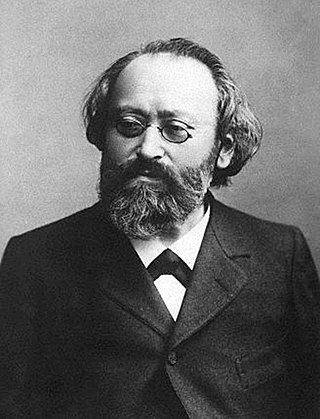
Max Bruch was a German Romantic composer, violinist, teacher, and conductor who wrote more than 200 works, including three violin concertos, the first of which has become a staple of the violin repertoire.
Maryland is a U.S. state with a musical heritage that dates back to the Native Americans of the region and includes contributions to colonial era music, modern American popular and folk music. The music of Maryland includes a number of popular musicians, folk styles and a documented music history that dates to the colonial archives on music from Annapolis, an important source in research on colonial music. Famous modern musicians from Maryland range from jazz singer Billie Holiday to pop punk band Good Charlotte, and include a wide array of popular styles.
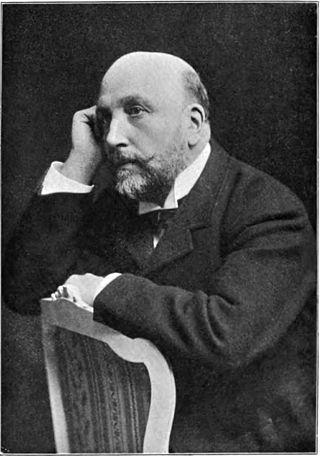
Sir Alexander Campbell Mackenzie KCVO was a Scottish composer, conductor and teacher best known for his oratorios, violin and piano pieces, Scottish folk music and works for the stage.

The Harvard–Radcliffe Collegium Musicum is a mixed chorus at Harvard University, composed of roughly 50 voices from undergraduate and graduate student populations. Founded in 1971 to coincide with the coeducational merger of Harvard and Radcliffe College, Collegium drew from members of the Harvard Glee Club and the Radcliffe Choral Society to form a smaller mixed group that could represent Harvard on tours. Although Collegium used to perform primarily early Renaissance music, its repertoire now draws from centuries of a cappella and orchestral selections. Together with the (tenor-bass) Harvard Glee Club and the (soprano-alto) Radcliffe Choral Society, it is a member of the Harvard Choruses.
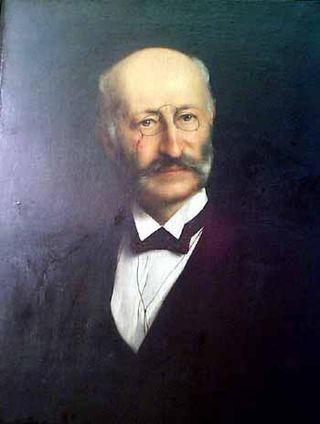
Otto Sutro was a German-born American organist, conductor, minor composer, publisher and music store owner, and a leading figure in the musical life of Baltimore, Maryland.
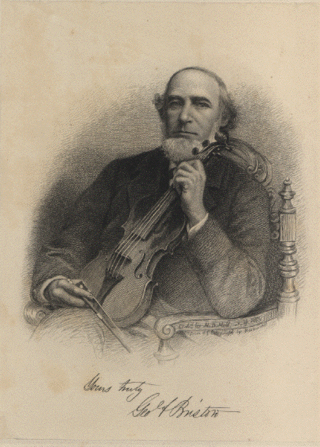
George Frederick Bristow was an American composer. He advocated American classical music rather than European pieces. He was involved in a related controversy involving William Henry Fry and the New York Philharmonic Society.
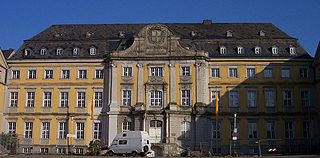
The Folkwang University of the Arts is a university for music, theater, dance, design, and academic studies, located in four German cities of North Rhine-Westphalia. Since 1927, its traditional main location has been in the former Werden Abbey in Essen in the Ruhr area, with additional facilities in Duisburg, Bochum, and Dortmund, and, since 2010, at the Zeche Zollverein, a World Heritage Site also in Essen. The Folkwang University is home to the international dance company Folkwang Tanz Studio (FTS). Founded as Folkwangschule, its name was Folkwang Hochschule from 1963 until 2009.

Samuel "Sem" Dresden was a Dutch conductor, composer, and teacher.
The Oratorio Society of Baltimore was founded by Otto Sutro in 1882, with Fritz Finke as music director. Its first performance came in 1885.

Rose Sutro and Ottilie Sutro were American sisters who were notable as one of the first recognised duo-piano teams. It has been claimed they were the first such team, but Willi and Louis Thern preceded them by almost 30 years. They were also noted confidence tricksters, repeatedly swindling the German composer Max Bruch by taking advantage of his trusting nature - first, by making and publishing unauthorized changes to his Concerto for Two Pianos and Orchestra in A-flat minor, and second, stealing and absconding with the autograph copy of his Violin Concerto No. 1 in G minor, later selling it in 1949.
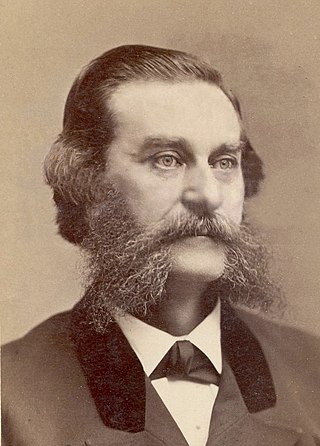
Carl Zerrahn was a German-born American flautist and conductor. His widespread activity in the region made him an influential figure in New England and Boston classical music, especially choral music, in the latter half of the 19th century. He was especially successful in the presentation of the great oratorios and the management of large choruses.
Steven Fox is a Grammy-nominated American conductor of classical music. He is the Artistic Director and Principal Conductor of New York's Clarion Choir & Clarion Orchestra, Music Director of Cathedral Choral Society at Washington National Cathedral and founder of Musica Antiqua St. Petersburg in Russia. Fox has played a significant role in the rediscovery and performance of important Russian works from the 18th, 19th, and early-20th centuries.

Norman Orville Scribner was an American conductor, composer, pianist and organist. He was most widely known as the founder of The Choral Arts Society of Washington, and as its artistic director for over 45 years.
The Toronto Choral Society was founded in 1845. Music was a popular form of entertainment for a rapidly growing and prosperous population, so a group of citizens formed a choral society in order to give concerts and foster the development of the local musical community. F.W. Barron, the headmaster of Upper Canada College, became the choir's first president, and James P. Clarke, organist at St. James Cathedral, was its first conductor.
Joseph Pache (1861–1926) was a composer, teacher, and director of the Baltimore Oratorio society from 1892 to 1924 when the society disbanded.
Washington, D.C., and its environs are home to an unusually large and vibrant choral music scene, including choirs and choruses of many sizes and types.

Richard Burmeister was a German-American composer and pianist active in the late 19th and early 20th centuries.
The Washington Chorus is a symphonic choir based in Washington, D.C., United States. The three-time nominated and two-time Grammy Award-winning ensemble has 160 members and often performs at the John F. Kennedy Center for the Performing Arts, Strathmore, and the Wolf Trap National Park for the Performing Arts, as of 2020.

Frank Croxton was an American bass and voice teacher. A New York City–based vocalist, he had a career as a church singer in that city and was also active on both the local and national stage as a concert singer. He is best remembered for his prolific work as a recording artist during the 1900s, 1910s, and 1920s, making a large number of records extending from the first era of sound recording, the acoustic era, into the second era, the electrical era. He performed and recorded as both a soloist and as an ensemble singer, notably working as a member of several different nationally known vocal quartets, among them the Peerless Quartet, the Stellar Quartette, and his own Croxton Quartet. He made records with the Victor Talking Machine Company, Columbia Records, Okeh Records, and Edison Records. Four hundred and forty-five of his recordings have been catalogued in the Discography of American Historical Recordings.

Marie Kunkel Zimmerman, born Mamie R. Kunkel, was an American soprano of the concert stage. She began her acting career as a child opposite her father; the theatre manager, blackface minstrel show entertainer, actor, and singer-songwriter George Kunkel. In the early 1880s she began performing as a soprano. She co-authored the suffragist anthem "Votes for Women: Suffrage Rallying Song" with her husband, composer and concert singer Edward M. Zimmerman.












